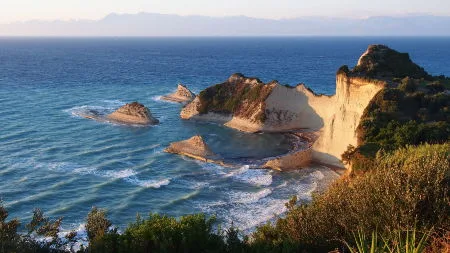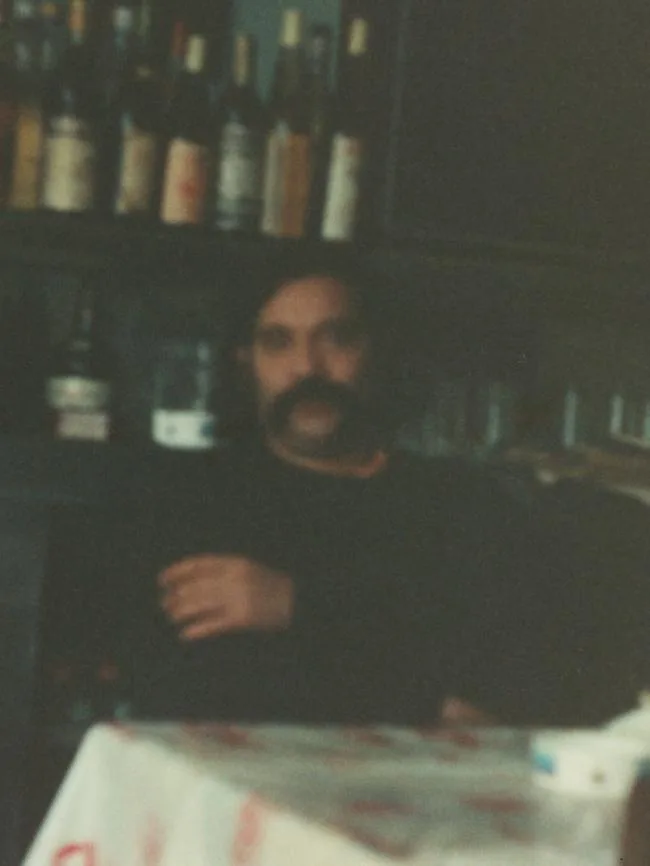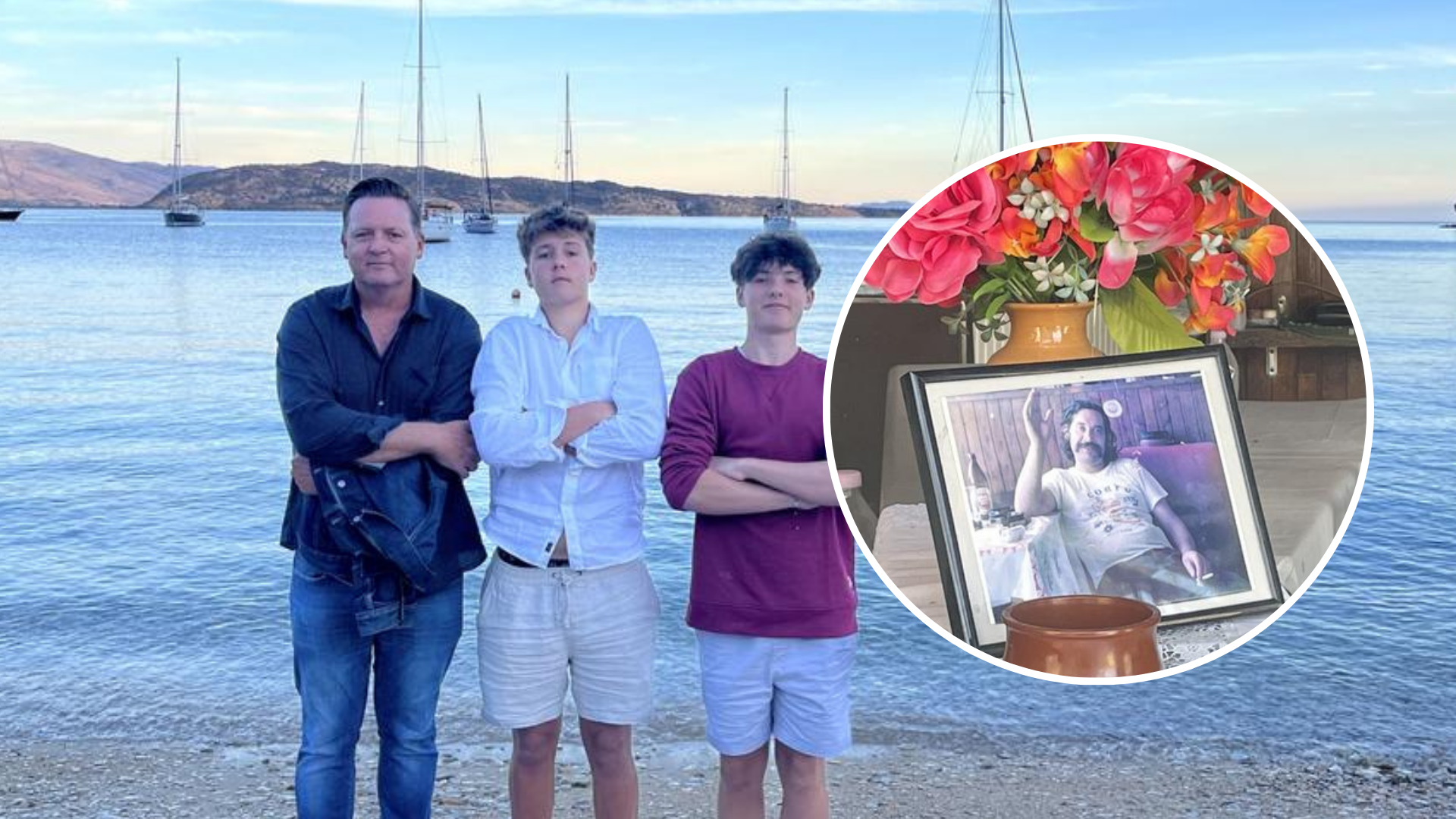Author and academic Kári Gíslason reflected on his decision to flee from the Greek island of Corfu as an 18-year-old in 1990, leaving $80 owing to a generous villager who’d shown great hospitality to him and his friend.
In sharing his adventure as a young boy, the generosity and hospitality of the villagers of Karousades takes the forefront of his recount. In particular, that of one old sailor everyone referred to as “Pirate.”
“He had a crooked nose, a thick moustache and long black hair pushed back over his ears. A roguish manner,” Gíslason added.
“He also owned a taverna, and cooked for tourists who came to the village at night to sample his famous meals of grilled meat, salad, thick-cut chips and wine made from his own grapes.”

Alongside his Scottish friend Paul who was also escaping his “troubles at home,” Iceland native Gíslason established himself among the “vibrant world” of “step-like cliffs and pebble beaches lined with cypress trees.”
The Pirate aided the boys in establishing a job and provided them with food and housing over their time on the island. However, when the struggles of winter arrived, the pair made a run for it.
The guilt for fleeing grew over the years, despite not being “a large amount, [their] escape was a poor way to pay back the kindness that had been shown to [them].”


Thirty years on, in September of 2022, Gíslason recruited his wife, Olanda, and their two sons, Finnur and Magnus, to return to what he described as, “a sacred place in my imagination and in my memories.”
The return to Corfu was intended to repay the debt, as well as share his love of the island with his family. He visited the Pirate’s taverna.
“It had the look of a place that had only just been boarded up, with most things still left where they’d been on the last day of business. Lines of empty green bottles. Narrow tables with wooden seats. Plastic table cloths tucked around the corners like bed sheets,” he wrote.
With a mere few stray cats and the odd scooter flying by, the family group traced down the quaint main street of Karousades towards where the Pirate’s taverna “once thrived.”
Upon arrival, they discovered the beloved local figure had passed away that winter. A poignant tribute comprised of a picture of the Pirate placed next to a vase of plastic flowers greeted the Gíslasons.
Residents shared that he faced the end with calm acceptance.
“He’d lived a full life and understood that this fullness came with a cost,” they remarked, capturing the essence of a man who embraced his mortality. Yet, the legacy he left behind continues to draw people from around the globe, with many flocking to Karousades to pay their respects.
“That was his afterlife, I supposed. Visitors still paying their bill,” he wrote.
The trip not only honoured a life well-lived but also inspired the author in observing his sons’ connections forged with the enchanting island as they begin to face “risks and adventures of their own.”
Source: The Australian.
